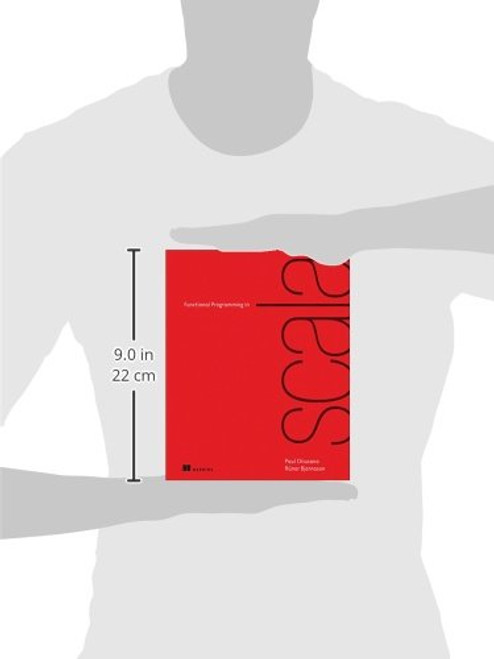Product Overview
What is the function of style today? If the 1970s were defined by Postmodernism and the 1980s by Deconstruction, how do we characterize the architecture of the 1990s to the present? Some built forms transmit affects of curvilinearity, others of crystallinity; some transmit multiplicity, others unity; some transmit cellularity, others openness; some transmit dematerialization, others weight. Does this immense diversity reflect a lack of common purpose? In this book, acclaimed architect and theorist Farshid Moussavi argues that this diversity should not be mistaken for an eclecticism that is driven by external forces.
The Function of Style presents the architectural landscape as an intricate web in which individual buildings are the product of ideas which have been appropriated from other buildings designed for the different activities of everyday life, ideas which are varied to produce singular buildings that are related to one another but also different. This network of connections is illustrated on the cover of this book (and in more detail inside).
Moussavi argues that, by embracing everyday life as a raw material, architects can change the conventions of how buildings are assembled, to ground style, and the aesthetic experience of buildings, in the micro-politics of the everyday.
The third volume in Moussavis Function series, The Function of Style provides an updated approach to style which can be used as an invaluable and highly productive tool by architects today.
Assistant Editors: Marco Ciancarella, Jonathan A. Scelsa, Mary Crettier, Kate Kilalea








![Elements of the Theory of Functions and Functional Analysis [Two Volumes in One] Elements of the Theory of Functions and Functional Analysis [Two Volumes in One]](https://cdn11.bigcommerce.com/s-g9mehhprbl/images/stencil/500x659/products/382082/726708/41j4sVxj6HL__17283.1699857102.jpg?c=1)

